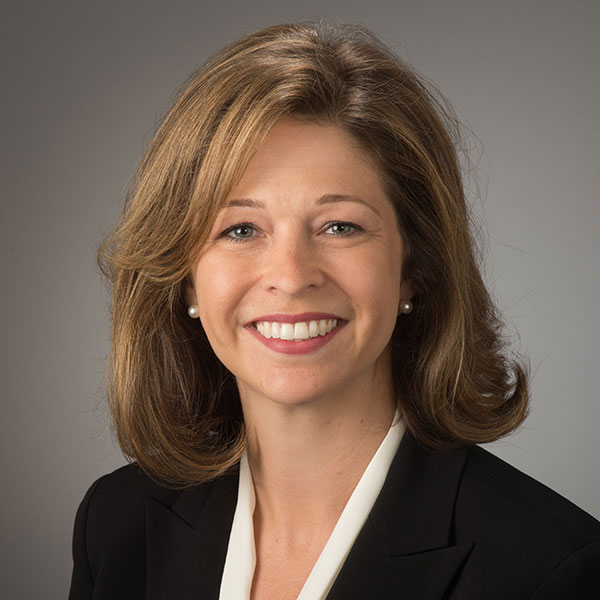A strategic approach to commercial property financing is fundamental to the success of a development project. Identifying the right lending or equity partner for a venture, understanding how financial lending varies by region and product type, and mitigating portfolio risk is critical. Ashley Grigsby, Managing Director for Transwestern Development Company, has a deep understanding of lending and financial placement for logistics, multifamily, office, healthcare and build-to-suit projects across the country.
How does the ability to secure financing vary based on region and/or product type?
Lenders are aggressively pursuing real estate investment projects, specifically industrial and multifamily, as there is currently less perceived risk in these sectors. It comes as no surprise that demand for quality industrial product to support e-commerce and logistics has been in overdrive throughout the pandemic. Booming economies and high levels of in-migration are driving demand for quality and affordable multifamily product, especially in markets like Austin, Texas, Nashville, Tennessee, and Tempe, Arizona. Lenders are more cautious when it comes to office and retail projects, as these sectors are trying to recover from the disruption that began in 2020.
Therefore, TDC continues to focus on its bread and butter – industrial and multifamily – and while some multifamily projects might have a retail component, it will be limited. In most cases, lenders are averse to providing full credit for the retail revenue within projects unless the space is pre-leased. There is less perceived risk in the multifamily portion of the project, as it is not a matter of if the units will lease, but rather at what rates.
Do you anticipate any long-term impacts from the pandemic?
Lenders have been conservative in their underwriting since the last economic downturn, and I expect them to remain so. Early in the pandemic, lenders pulled back with many choosing to sit on the sidelines rather than commit new loans, but soon they recognized many of their loans were being paid off. In the short term, to address the need for immediate outstandings, I think you’re going to see a lot of lenders focus on bridge loans and permanent loans, which have less construction risk, so they can rebuild their books.
When is the best time to dispose of an asset?
Pre-pandemic, we would have advised against marketing a multifamily or industrial project for sale until it was 80-85% occupied. Typically, a multifamily project continues to lease up during the marketing period and, at the time of closing, it is stabilized at 90-95% occupancy. That’s when the project would achieve its lowest capitalization rate.
Now, investors’ strong appetite to acquire specific product types or enter certain markets means they are acquiring projects pre-stabilization and still paying record low cap rates. If the investor waits until the project stabilizes, there’s a chance they’ll face too much competition when it’s time to buy. By coming in early and taking some of the lease-up risk, investors can avoid a competitive bid situation, which is common among Class A projects in strong markets.
Any advice on how to manage the portfolio risk of commercial real estate loans?
There are many ways in which you can manage your portfolio risk, such as by developing different commercial property types across different regions. Having a diverse business model and offering services such as third-party fee development, where you oversee a development project on behalf of its owner, can also be beneficial. Another recommendation is to diversify your debt and equity partners. You want to avoid being in a predicament where you fill up your capacity with one lender and are unable to secure funding when a new project comes along. From an equity partner perspective, it’s helpful to have partners across different markets; oftentimes these investors have unique insight that contributes to a project’s success in a particular geography.

Ashley Grigsby
Managing Director
Transwestern Development Company
























